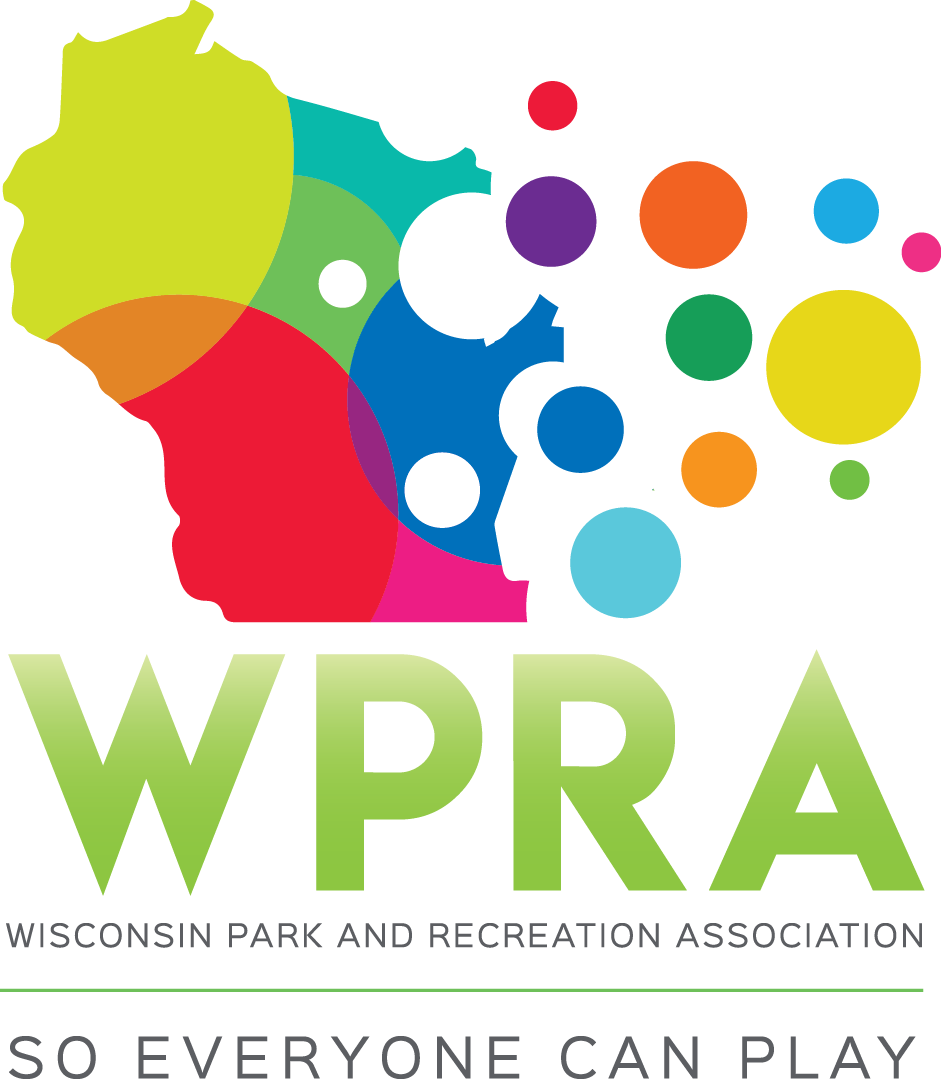April 2025 Legislative UpdateADVOCATE IN APRIL Next week, the Joint Finance Committee (JFC) will hold the final two public hearings on the 2025-27 biennial state budget.
JFC’s public hearings offer an opportunity for WPRA members to attend and provide testimony in support of reauthorization of the KNSP. WPRA has created materials to help members with their message and encourage local Park & Rec departments to share about the impact Knowles-Nelson has made in their community. In past budget cycles, JFC typically begins to take votes on the budget following the state wide “roadshow.” However, the budget cycle has been a bit slower than previous years, due several pending State Supreme Court cases that could have implications for the budget. It is expected JFC will take votes in May on the budget, however some of the larger-ticket items will likely be resolved after the court’s rulings are released. JFC Member Voices Concerns About Stewardship’s Fate Rep. Tony Kurtz, a member of the Joint Finance Committee and supporter of KNSP, recently told the press that “Knowles-Nelson is truly on life support,” and estimating only a 20% chance of its renewal. Governor Tony Evers has proposed a significant increase in funding, advocating for $100 million annually over the next decade, a substantial rise from the current $33 million per year. KNSP has come under scrutiny following a Wisconsin Supreme Court ruling that deemed the JFC’s practice of anonymously blocking projects unconstitutional. This decision has led to concerns among some Republican legislators about the program's oversight. Despite its bipartisan origins and widespread support for its goals the program's future remains contentious. Critics argue that the borrowing mechanism increases state debt and that acquiring land for public use can reduce local tax revenues, particularly in rural areas. |

